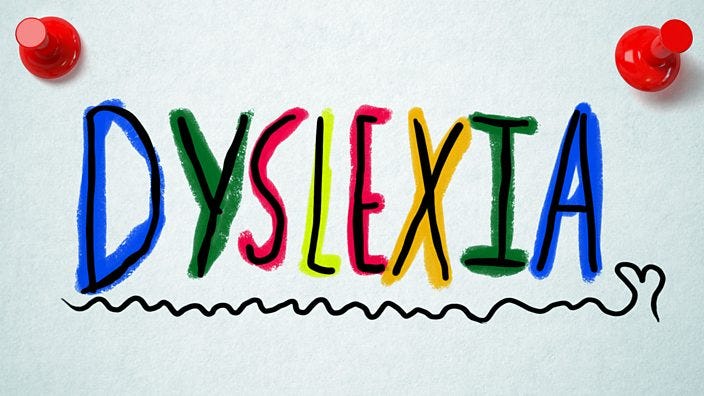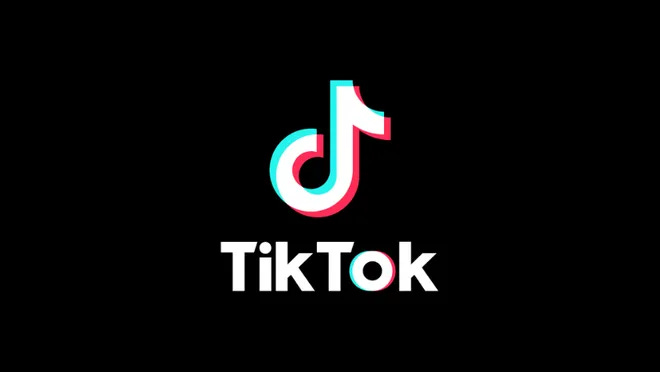The Science Behind Microlearning
How ThePowerMBA is Catering to Decreasing Attention Spans and is the King of Short Form Education Content
Being Diagnosed and Why This is Relevant to Me
When I was in primary school and learning how to spell, my parents were alarmed that I would become so perplexed between spelling ‘b’ and ‘d’. And I never knew why. My handwriting was always poor too. My parents signed me up for extra classes and even eventually changed my school, but all throughout that period, I was branded and felt stupid.
Over time, this was forgotten about. I endeavoured through my GCSE exams, A Levels and managed to achieve good grades with hard work. It was only when I went to university and one of my handwritten papers was returned to me because of illegibility, it was recommended I get tested for dyspraxia/dyslexia.

Turns out I was dyspraxic/dyslexic my whole life.
As well as below average hand coordination leading to poor handwriting, I, like many other dyslexic individuals struggle with reading and paying attention over long periods. As a result, formal and traditional education has been difficult for me.
Why Is This Relevant Generally?
If you look at every form of content around such as Instagram Reels, Snapchat Stories, along with TikTok with all their upcoming competitors such as Byte (set up by the co-founders of the beloved Vine) and Tangi (A really cool emerging short-form video content app focusing on creativity and DIY, born out of Google’s Area 120 in-house incubator), they show how attention spans are decreasing.
Short form content is exploding.

I have even considered creating short form video and audio content to complement my podcast, The Millennial Entrepreneur.

Why Has This Not Transitioned into Education?
6 to 9 minutes minutes is the optimum time for engaging students and content retention.
So why were all lectures at university at least an hour or even two hours? Especially as a dyslexic student, those two hour lectures were a massive struggle.
From psychology, the Ebbinghaus Forgetting Curve is extremely interesting too:

Students tend to forget more than 50% of their newly learned material 20 minutes after the lesson ends. That percentage falls to 40% in nine hours, and to 24% in 31 days if no revision takes place.
By breaking information down into smaller chunks, micro-learning enables users to focus on one piece of information at a time. Rehearsing the material builds stronger neural networks within the brain and conveys the memory from short-term to long-term.

Some companies have caught onto the science - companies that offer employee training through mobile devices (bite-size instructional learning) see training frequency increase by 42%!
The MBA that Incorporates the Science of Microlearning at its Core
Having been enrolled on ThePowerMBA for nearly a month now, and it is already a completely different experience compared to my 20 years of formal and traditional education up to this point.
All the education is so concise. It is a fantastic mixture of both written and short form video content, which is excellently fabricated and professionally edited to the point where I feel incredibly engaged throughout.
The longest video I have come across so far was the Business Model Canvas analysis with inspirational figure, Uri Levine – co-founder of Waze (sold to Google for $1.1Bn to Google in 2013), was under 15 minutes.

ThePowerMBA have embedded the science behind microlearning at the core of what they do and how they deliver it.
For a working individual like myself, with various side-projects, such as my podcast; coupled with the fact my attention span is already limited due to dyslexia and just general affinity towards consistency, the learning method utilised by ThePowerMBA was a refreshing breath of fresh air.
I can’t wait to carry on and experience more of the same!

My next modules in the wider Business Model Innovation module look incredibly exciting too.
Subscribe to my blog for more content around stuff around business and entrepreneurship! Brought to you by the host of The Millennial Entrepreneur, and finalist of the Great British Entrepreneur: Young Entrepreneur of the Year 2020
And leave a comment! I’ll reply and maybe give you a shoutout in the next podcast episode if it’s good :)


